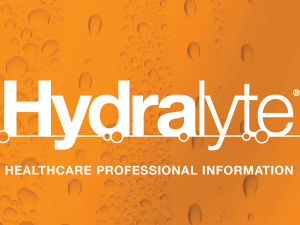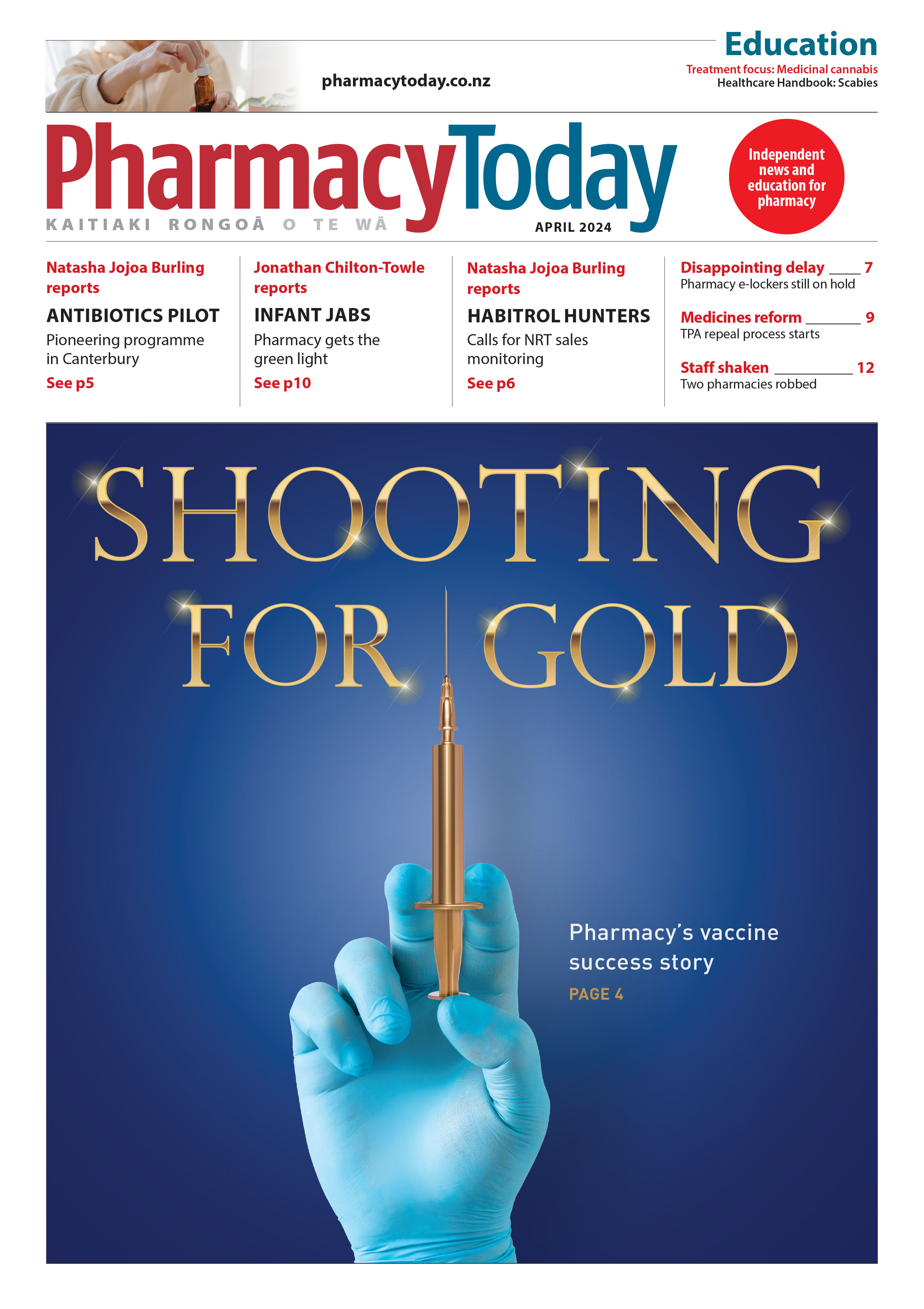In this article, Sue Frankland looks at the global problem of wastage of medications, including causes such as overprescribing and non-adherence. She also presents information from her master’s dissertation on how people understand, and respond to, medication expiration dates
Keep calm and keep vaccinating!
Keep calm and keep vaccinating!
The New Zealand Ministry of Health (the Ministry) and the Immunisation Advisory Centre (IMAC) are offering the following guidance on maintaining the essential immunisation in the New Zealand National Immunisation Schedule (NIS) during the current Level 4 COVID-19 situation.
Maintaining the following programmes is our highest priority:
- influenza vaccination to high risk groups including those aged 65 and over and frontline workers.
- the infant programme, particularly to maintain control for measles and pertussis.
Some of the strategies being used to slow the spread of COVID-19 in communities include postponing or cancelling non-urgent elective procedures and using telemedicine instead of face-to-face encounters for routine medical visits. Some patients are now confused over whether they should come to providers for their routine vaccinations, and some providers are concerned over how to deliver them safely.
To maintain vaccination visits healthcare providers should look at strategies for their own premises that work safely for healthcare providers and to separate well visits from sick visits.
Each provider/practice will develop their own approach. Some suggested examples that are currently in use around New Zealand (and internationally) include:
• Scheduling well visits in the morning (consult rooms are the cleanest in the morning) and sick visits in the afternoon.
• Separating patients spatially, such as by placing patients with sick visits in different areas of the clinic or another location from patients with well visits.
• Allowing patients in one at a time and keeping them in separate rooms
• Vaccinating in cars directly outside the facility
• Collaborating with other providers in the area to identify separate locations for holding vaccination clinics.
• The 20-minute wait post-immunisation for adolescents and adults can be reduced with the correct protocols in place. IMAC has provided a position statement on this, supported by the Ministry.
Because of practice/clinic/pharmacy circumstances related to COVID-19, some providers may not be able to deliver immunisation services. For any general practices in this position, they must contact their Primary Health Organisation and discuss alterative arrangements including referring families to another provider who can offer immunisation services.
Priority Vaccination Events:
- The influenza immunisation programme has been started earlier this year to ensure that the eligible and most vulnerable members of the community receive their influenza vaccine as soon as possible. This will not protect against COVID but is important protection to reduce the burden of influenza, both to keep individuals as healthy as possible through winter and reduce the burden on general practice and hospital services through the winter
- Delivering the National Immunisation Programme for infants remain crucial. Do NOT delay the infant or 2nd second year of life immunisation events - the risk of pertussis and measles is just as high as ever. The four-year-old event is important, but potentially could be delayed for a short time, if necessary due to practice circumstances. However, any four-year-old who has not received their first MMR must continue to be recalled.
- Vaccinating pregnant women both for influenza and pertussis-containing vaccines remains high priority
We would strongly encourage practices to continue recalling parents of infants and influenza eligible patients to ensure they are able to receive their vaccination on time.
All adolescent, shingles and non-urgent tetanus-containing vaccines (except for wound management) can be delayed for the lock-down period if practices wish. The Ministry will work with practices and School Based Immunisation Programmes to plan for catch-up immunisation once the emergency response period is over.
PPE and Immunisation events
We understand providers are concerned about the risk of COVID-19 transmission from asymptomatic patients and may wish to use appropriate PPE.
Only staff who will be in contact with the patient for more than 15 minutes and within two metres need to wear PPE.
All patients entering premises should be screened before entry and those who are at risk of having or having had contact with COVID-19 should be assessed and followed up following appropriate current protocols.
All providers who are vaccinating will undertake an appropriate pre-vaccination check using correct personal distancing, only meeting the patient during the actual vaccination event, for many adult vaccinations this can be done with no need to touch the patient.
You can also ask the patient to wear a mask or turn their face away from you.
We’d like to acknowledge the challenges and stresses in both your professional and personal lives. We all play a vital role in managing our way through this pandemic, and your commitment to the health, wellbeing and safety of your patients is greatly appreciated by all.





